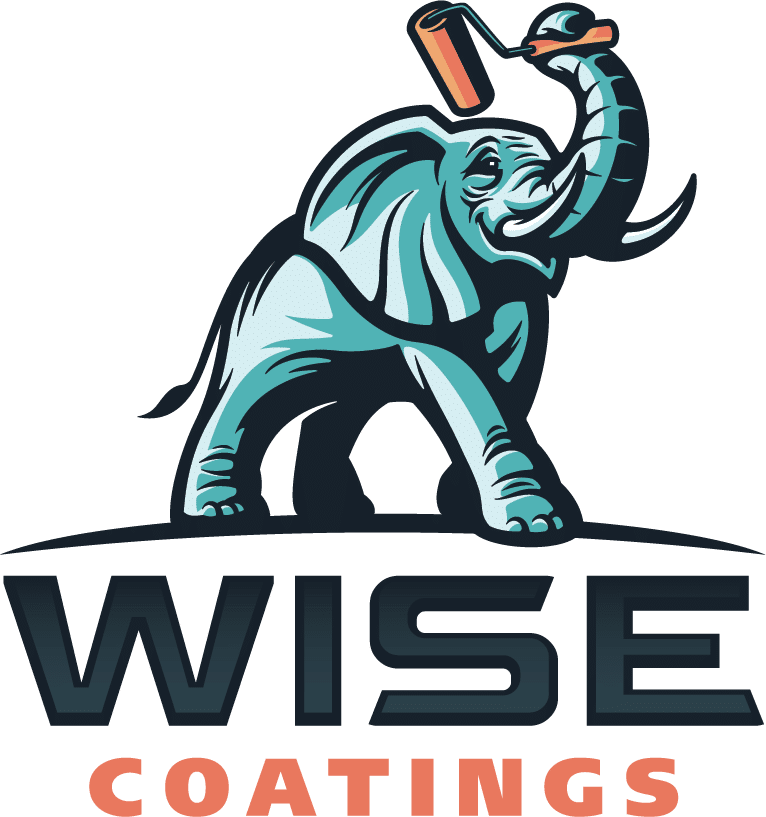Epoxy floor coatings have a lot to offer homeowners, including relative affordability and high customizability. They also offer better endurance than many other residential floor coverings.
However, a homeowner should not be fooled by water-based or one-coat epoxies. These may be cheaper at the beginning but they will peel off or wear away causing expensive diamond grinding and redoing of your floor. See our home page.
Aesthetics
Epoxy flooring is a popular choice for garages and home floors. It is durable and easy to clean, and it can be customized in a variety of ways to match your decor. Some homeowners even choose to add colored flakes to their epoxy coatings for a unique look.
Another benefit of epoxy floors is that they are slip-resistant and can provide better traction than tile or linoleum surfaces. They also provide a more attractive appearance than bare concrete or vinyl. The best residential epoxy flooring companies will use high-quality materials to ensure a beautiful, long-lasting finish.
They will also apply a topcoat that resists yellowing, fading, and discoloration. They will also offer a range of finishes, including clear, metallic, and quartz. They will use water-based epoxies or solvent-based epoxies, depending on the client’s preference and budget. Water-based epoxies are less expensive but require more time to dry. Solvent-based epoxies are more durable but have a stronger odor and can be toxic.
Durability
When properly applied, residential epoxy floor coatings are extremely durable. They are also more aesthetically pleasing than traditional flooring materials and will add value to your home. In fact, homes with epoxy floors tend to sell more quickly and for a higher price.
It is important to choose the best epoxy for your needs. The best residential epoxy flooring will be low VOC (volatile organic compound) and water-based. This will reduce the odor during application and prevent you from breathing in harsh solvent fumes. The epoxy should also be low odor once it is cured and will not require any additional work like sanding to remove the odor.
You should also compare the abrasion loss ratings of different epoxy coatings to ensure that you get the most durability possible from your floor. Many epoxies claim to be industrial or commercial grade but will wear right through your floor without much of an abrasion loss rating to show for it.
Maintenance
Epoxy floors are a great option for many residential environments. They handle traffic better than other floor types and are extremely easy to clean. However, they do need regular upkeep to stay in their best condition.
Proper maintenance is crucial to the lifespan of epoxy flooring. The first step is to sweep and vacuum regularly. Epoxy floors are generally resistant to abrasion, but you should avoid sliding heavy machinery or pallets across the surface. This can cause deep gouges that will damage the coating.
In addition to sweeping daily, you should mop the floor every week or so. When mopping, it is important to use a non-enzymatic, neutral-PH cleaner. This will ensure that any residual dirt is washed away, allowing the floor to remain clean and dry. Also, make sure to avoid using a deck brush or harsh chemical cleansers on the floor, as these can leave a dulling haze. Finally, be sure to repair any large gouges or scratches immediately.
Cost
There are a few factors that affect the cost of an epoxy floor. First, you must consider the amount of traffic the area will get. If the floor is used heavily, you need a high-performance epoxy that will hold up well against abrasion and other wear.
You also need to factor in the condition of the concrete floor. If the concrete is pitted, oil-stained or has a moisture issue, you need to install a proper subfloor before applying an epoxy coating.
If you’re looking for a more budget-friendly option, consider Polyaspartic flooring. This mixture has a much lower odor than traditional epoxy coatings and can be applied in less time. It’s also water-resistant and will not yellow in direct sunlight. This makes it a good choice for garages and other commercial areas where the floor is exposed to weather conditions. It’s also less expensive than a true 100-percent-solids epoxy. However, the latter produces intense fumes during application and requires ventilation. Refer to This Web Page.


